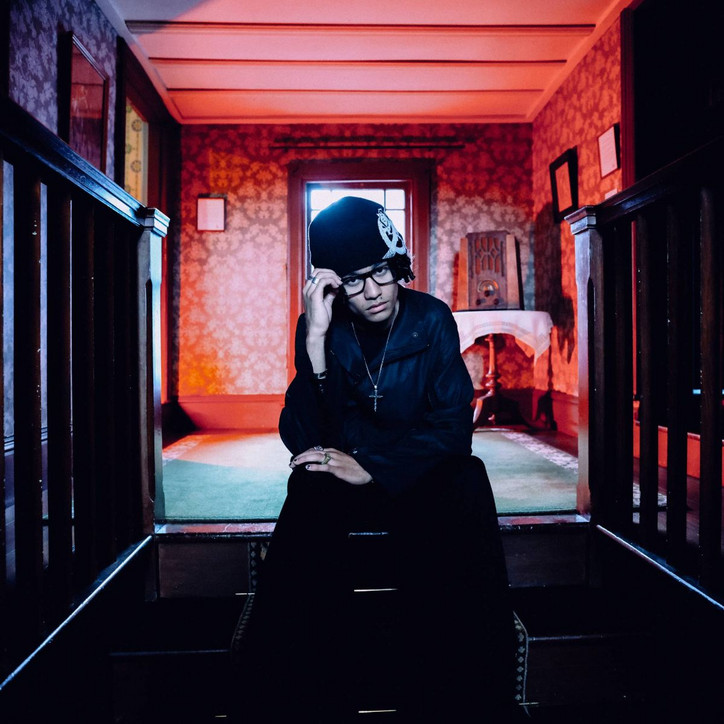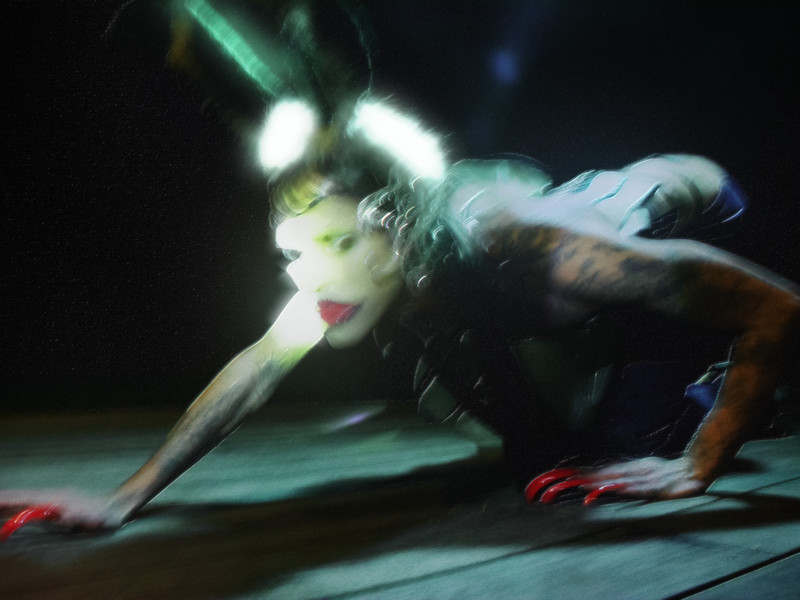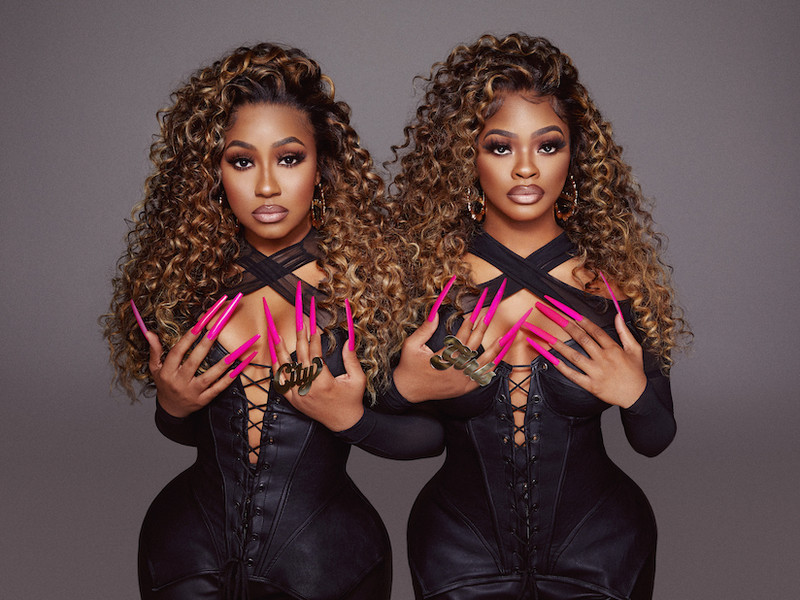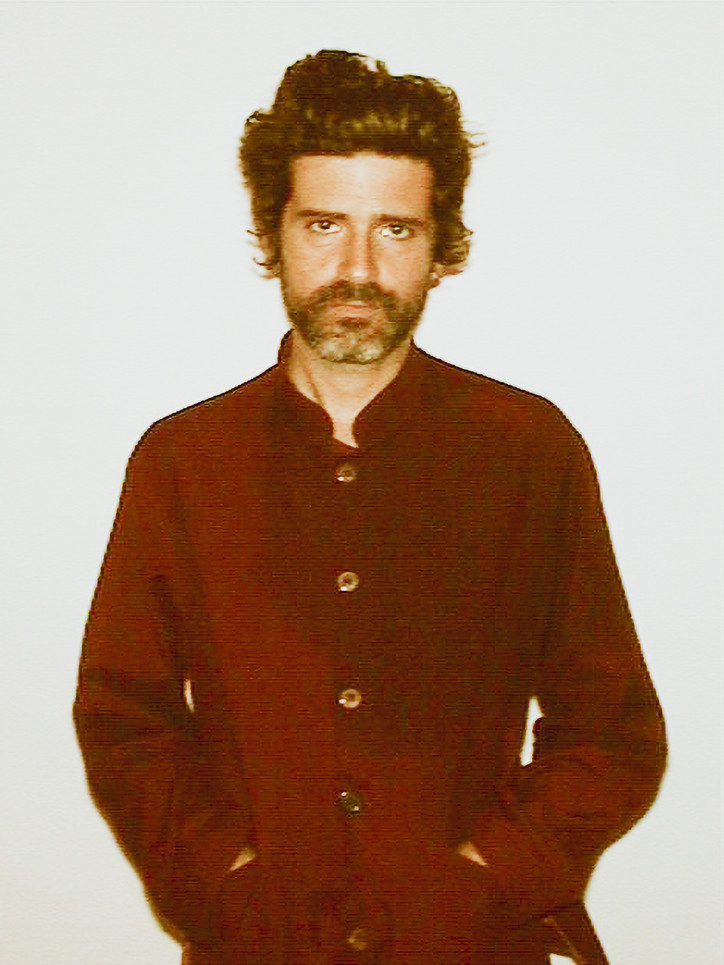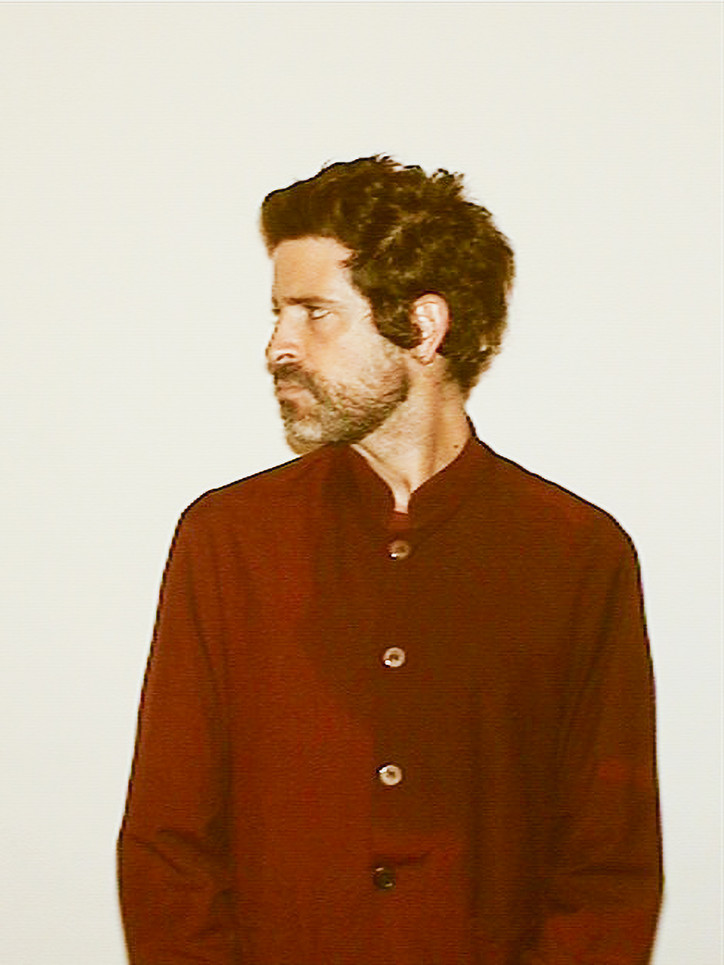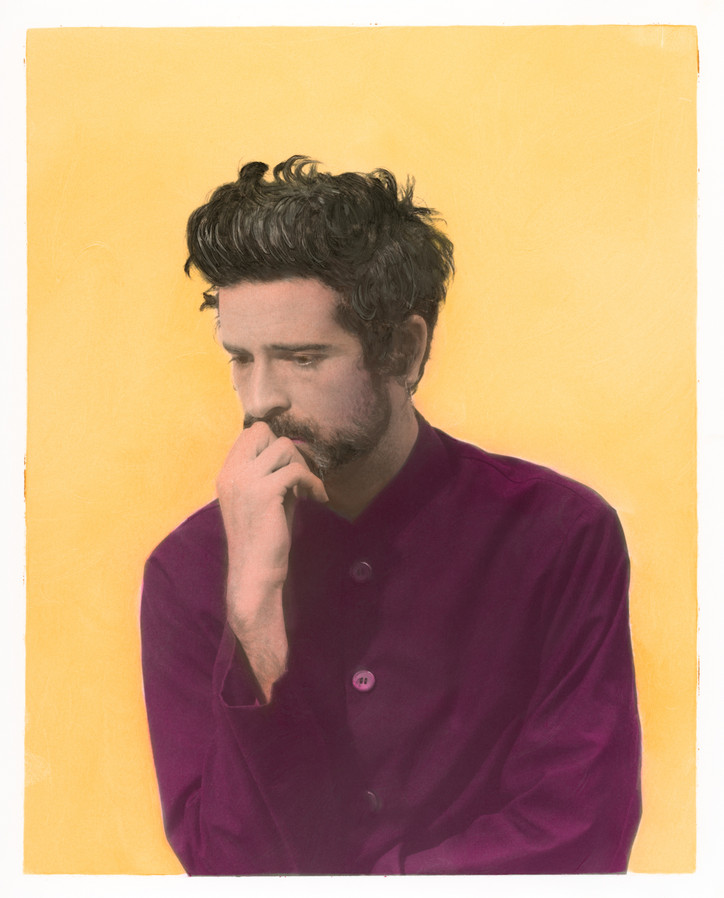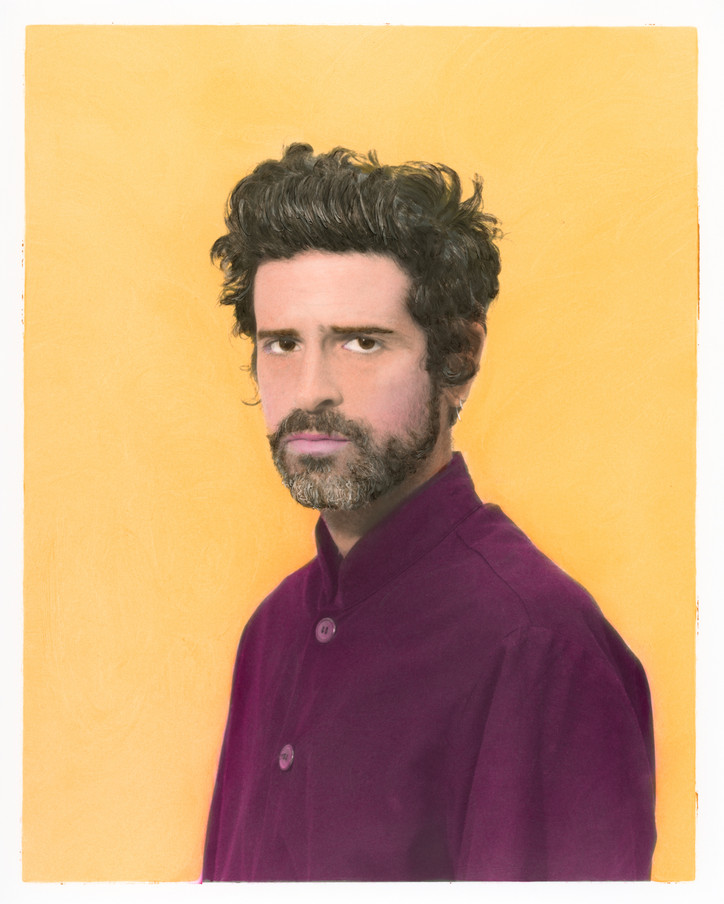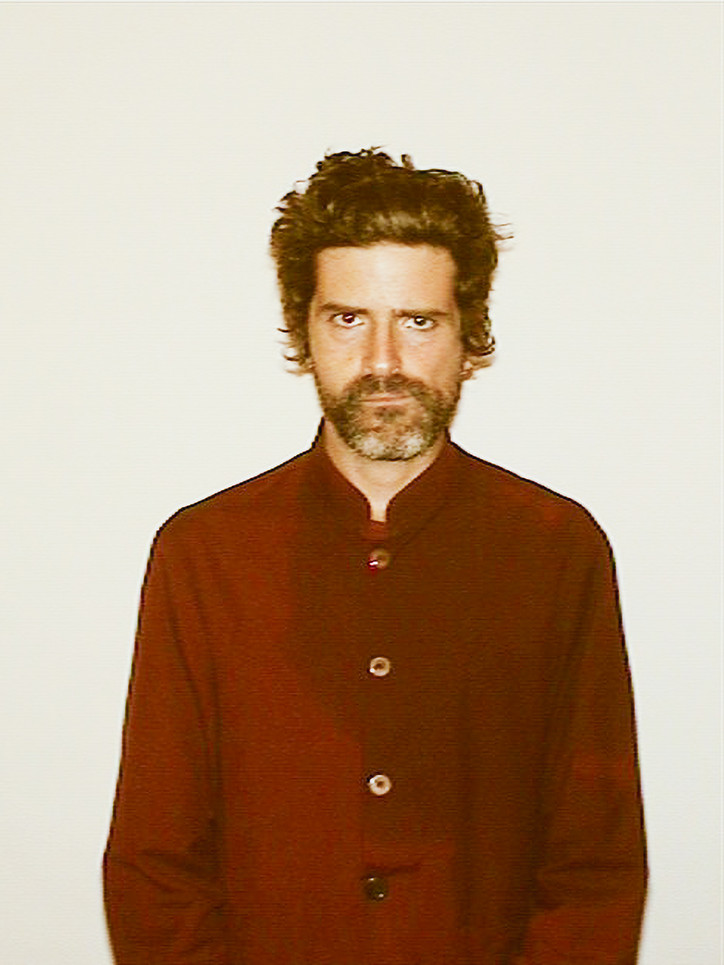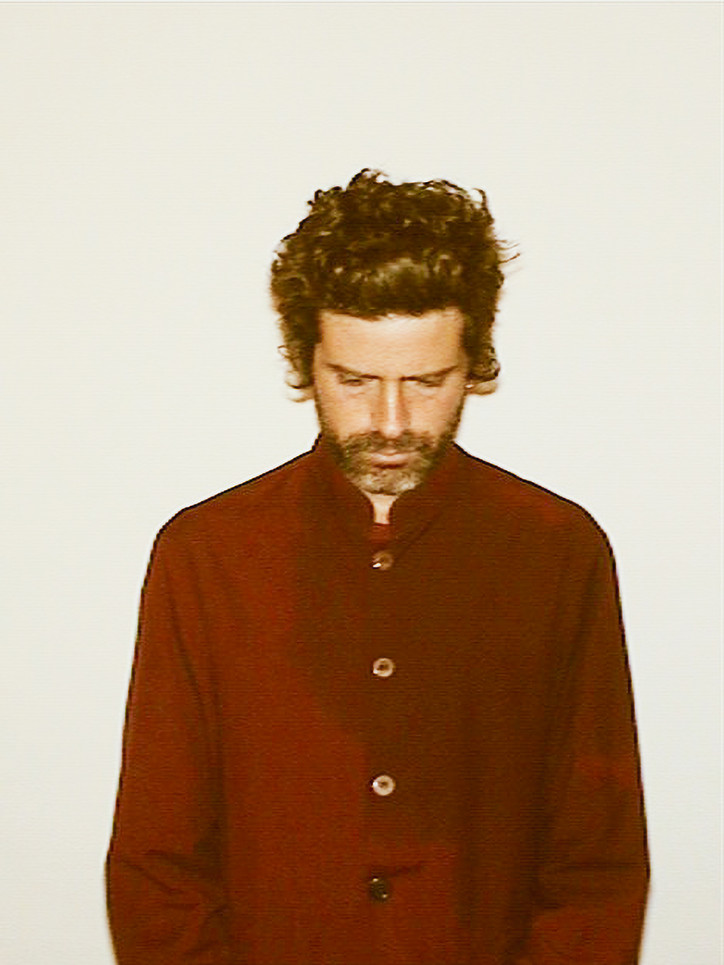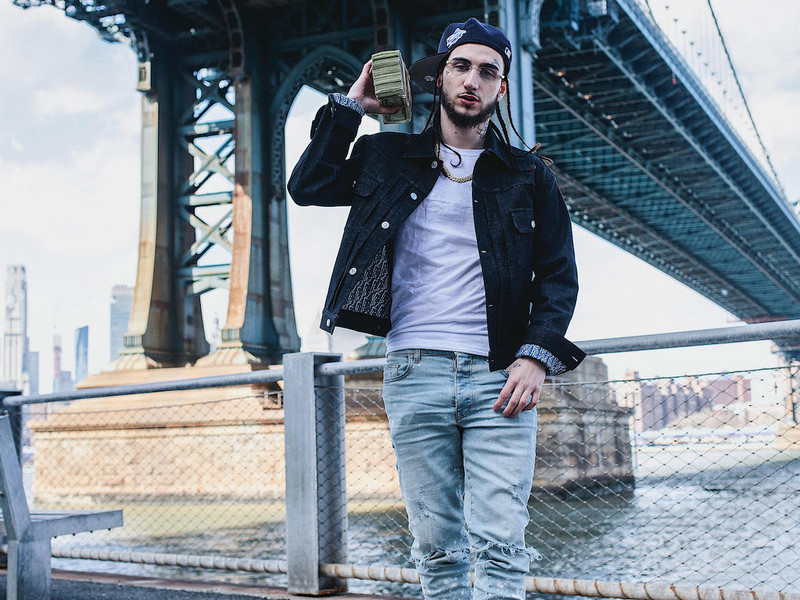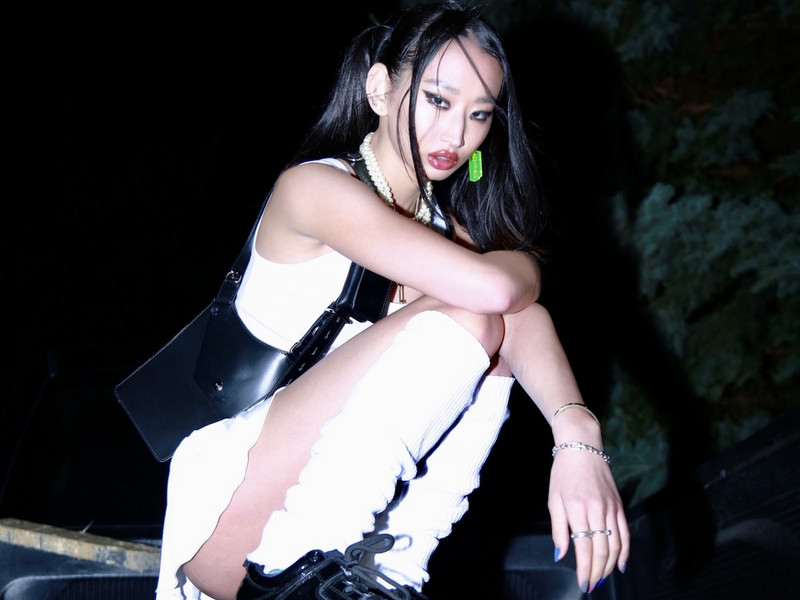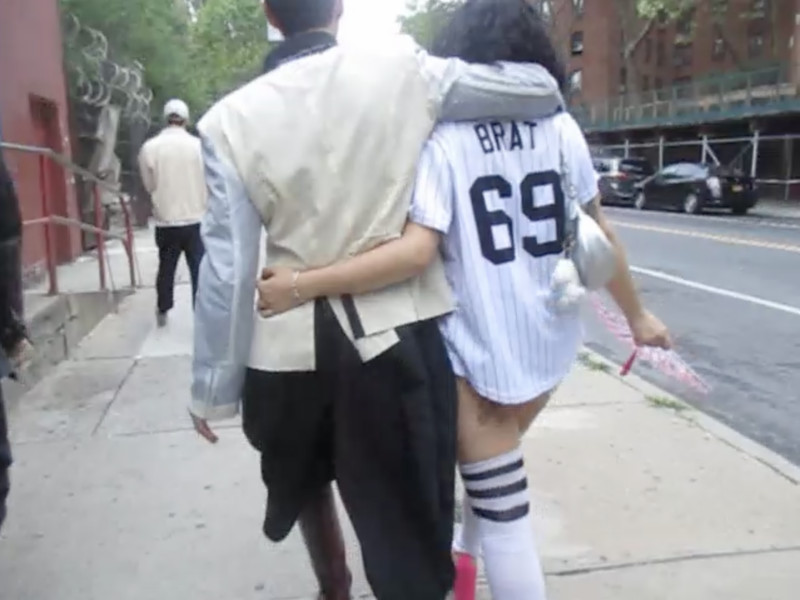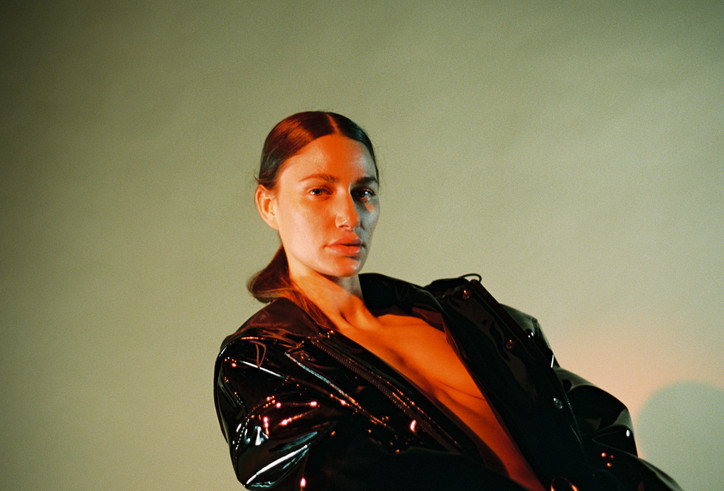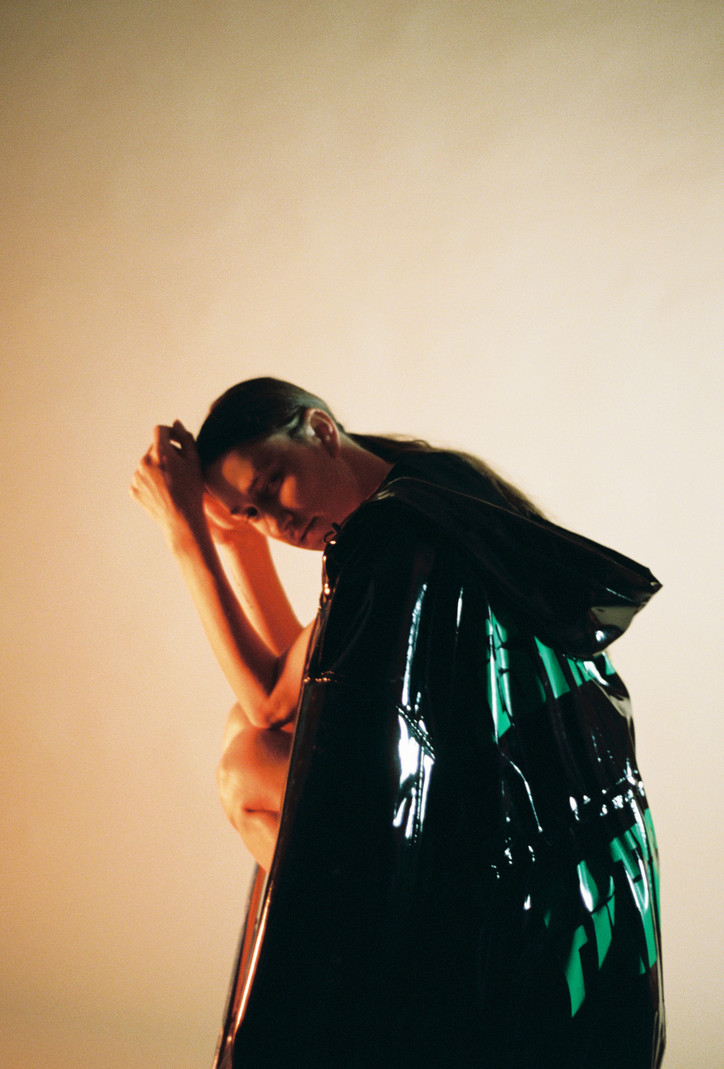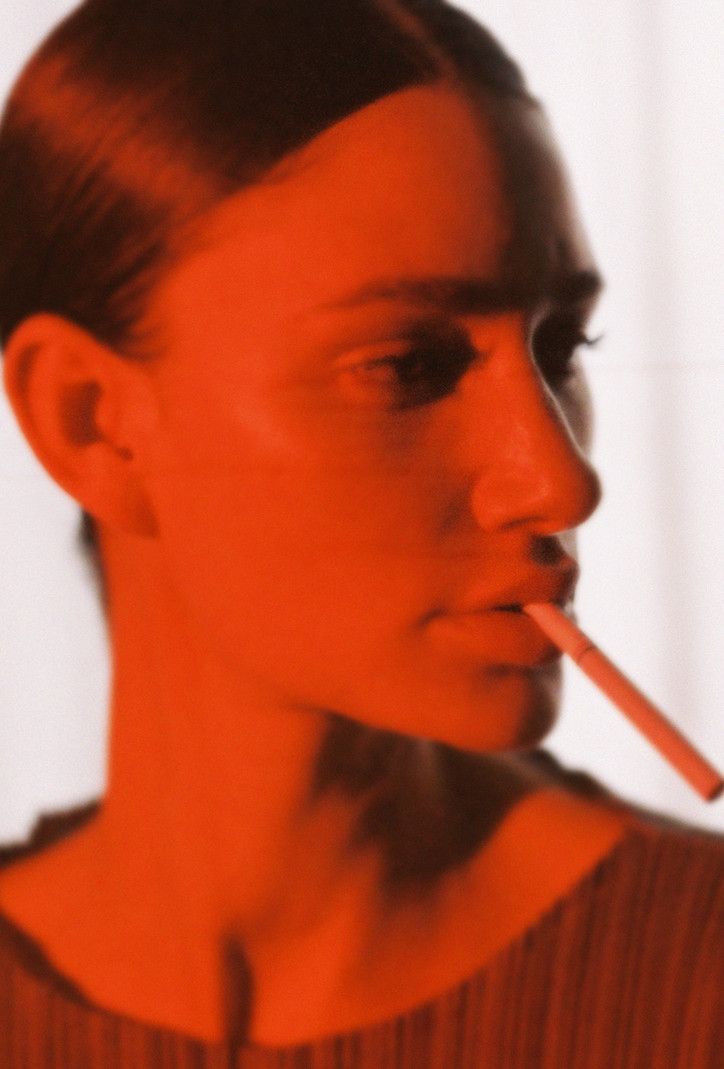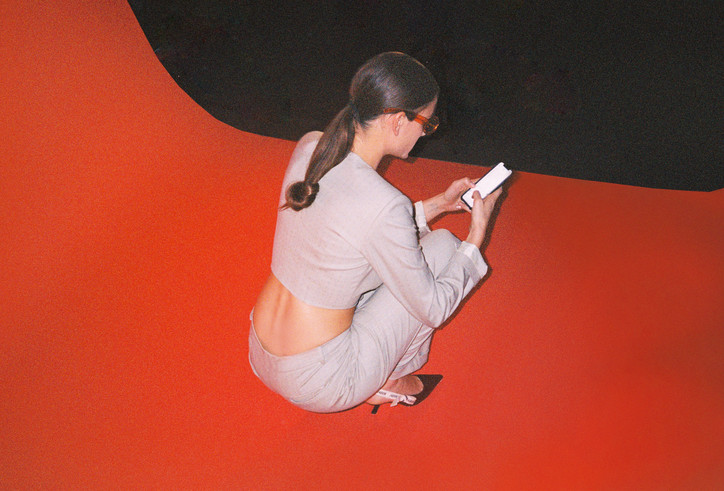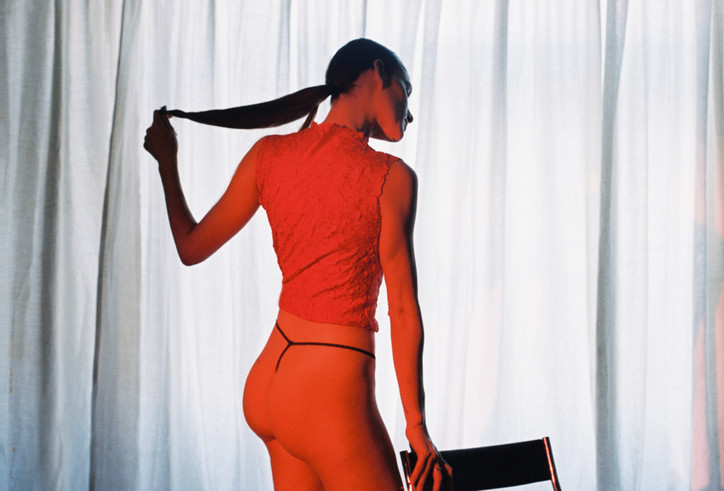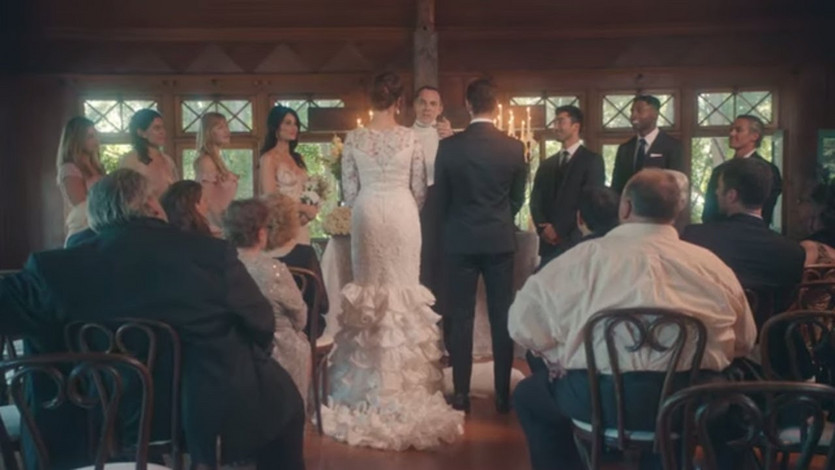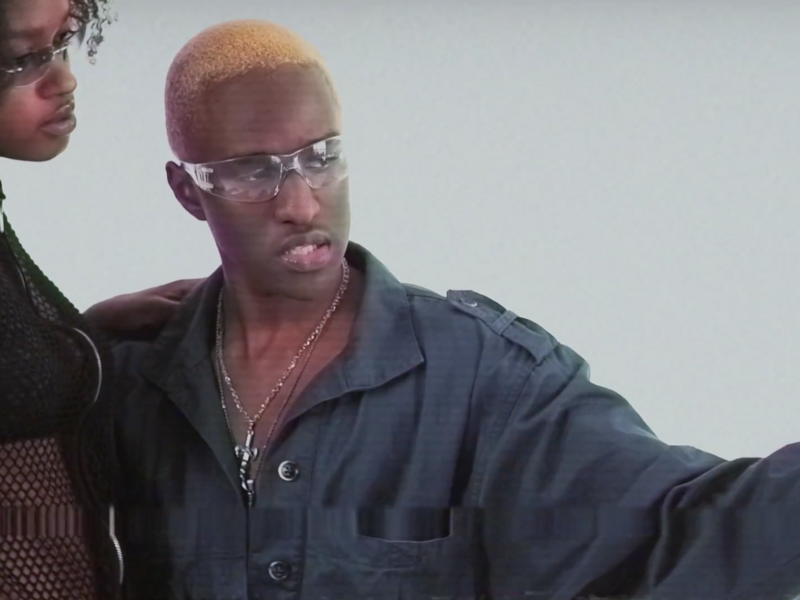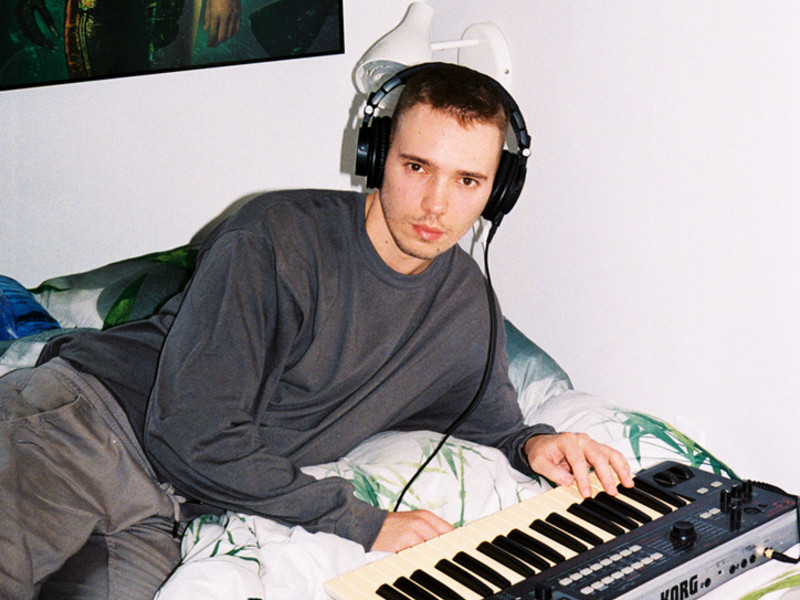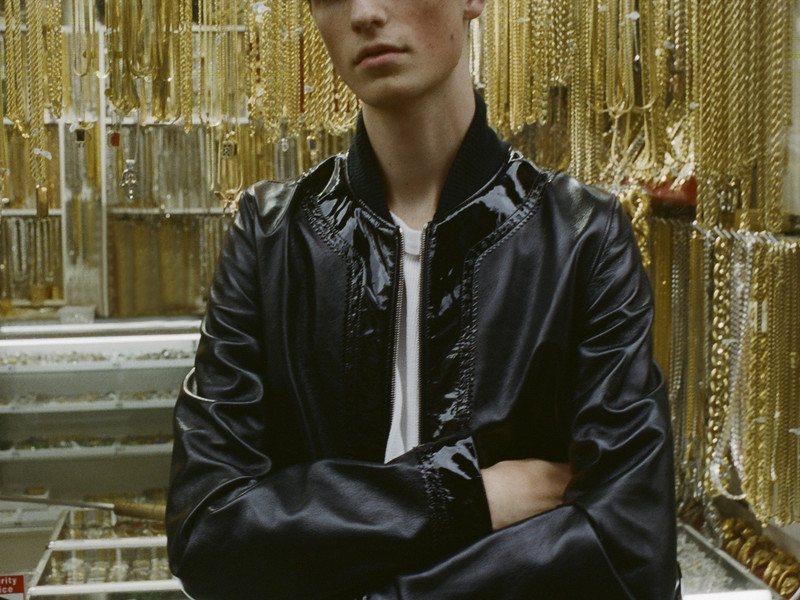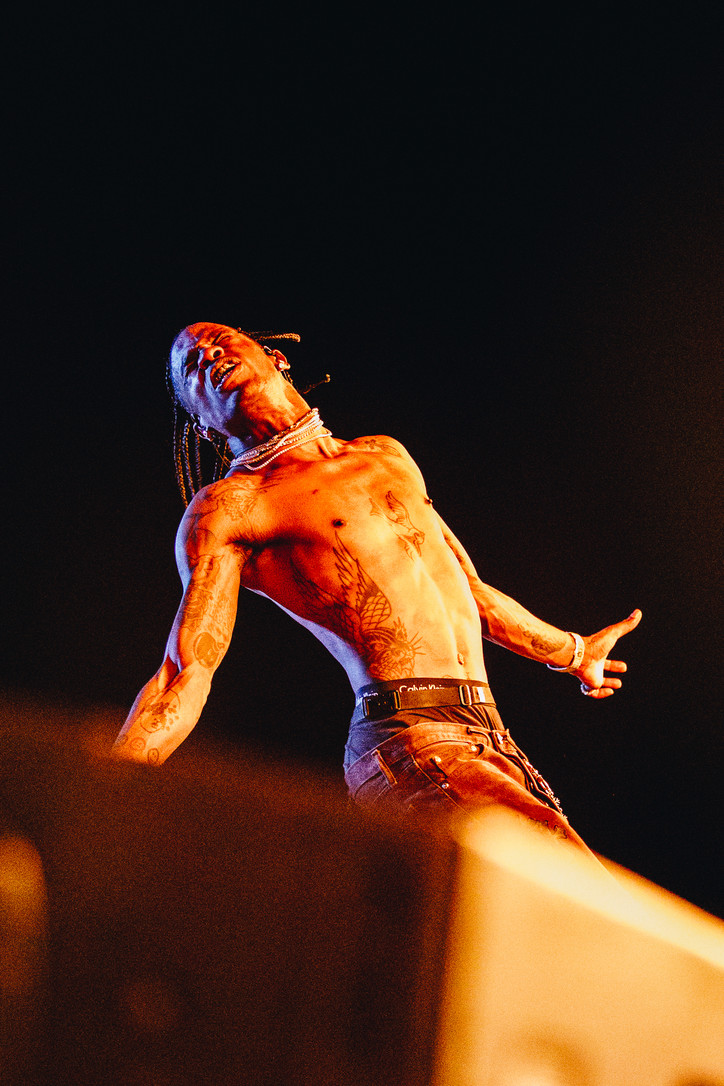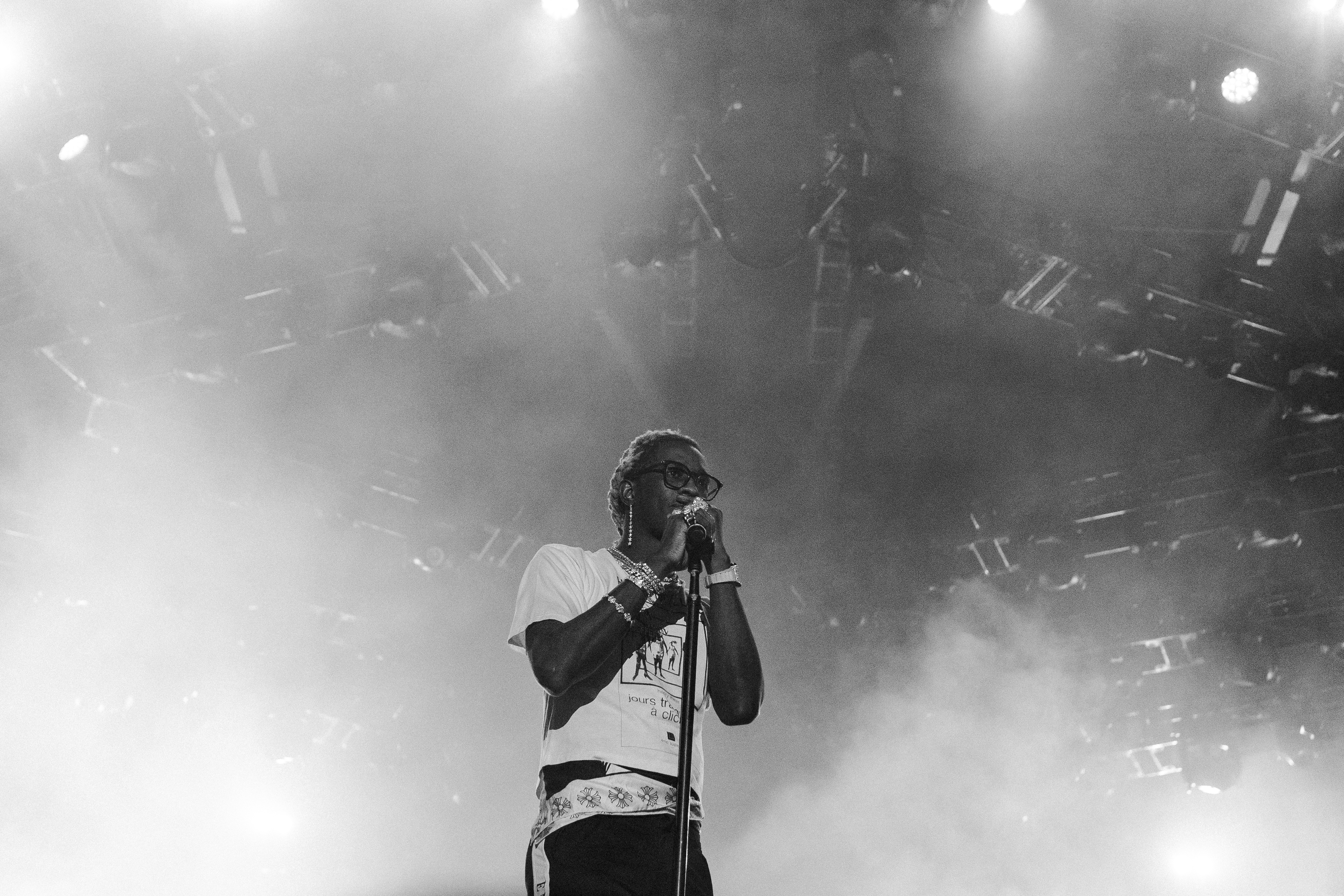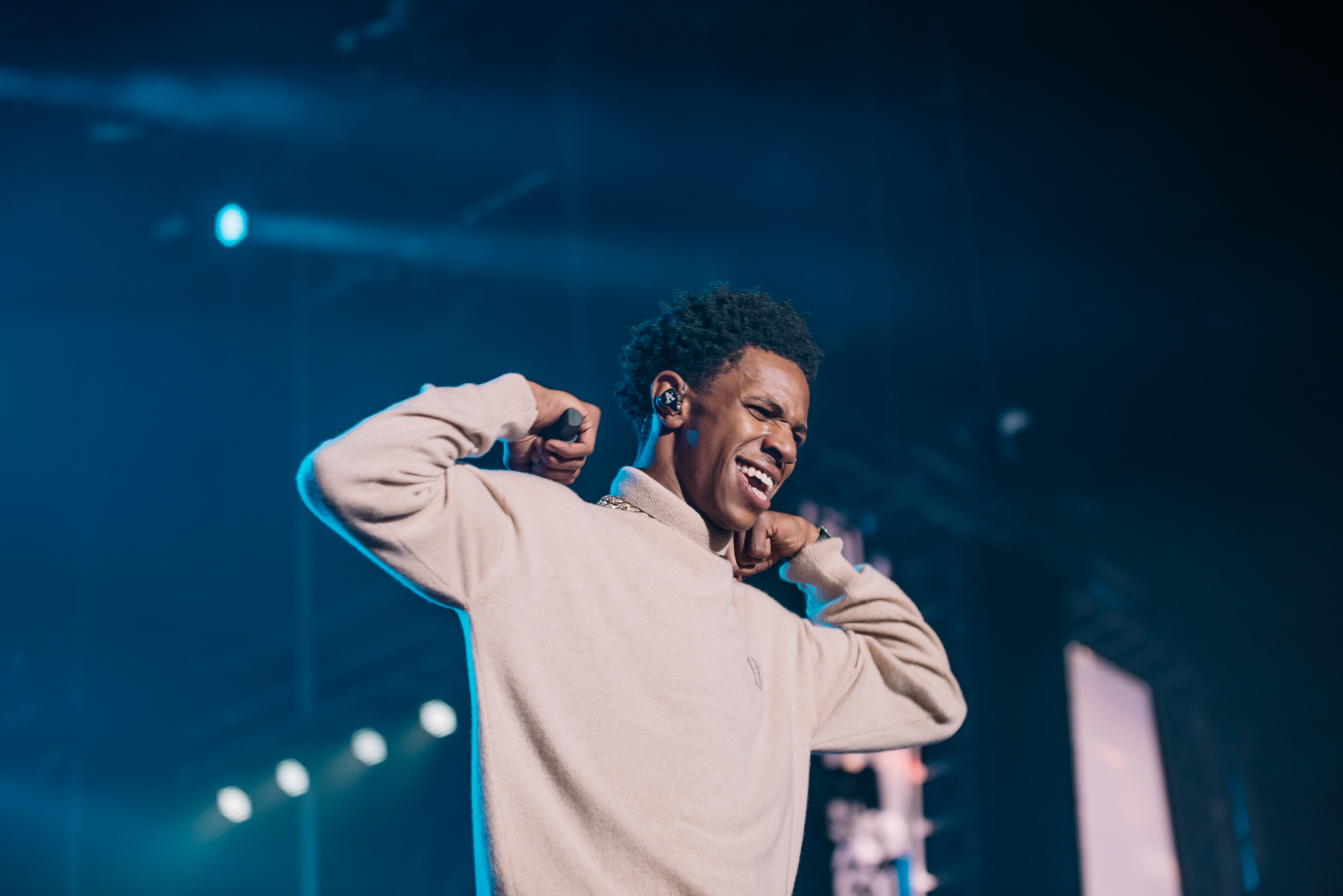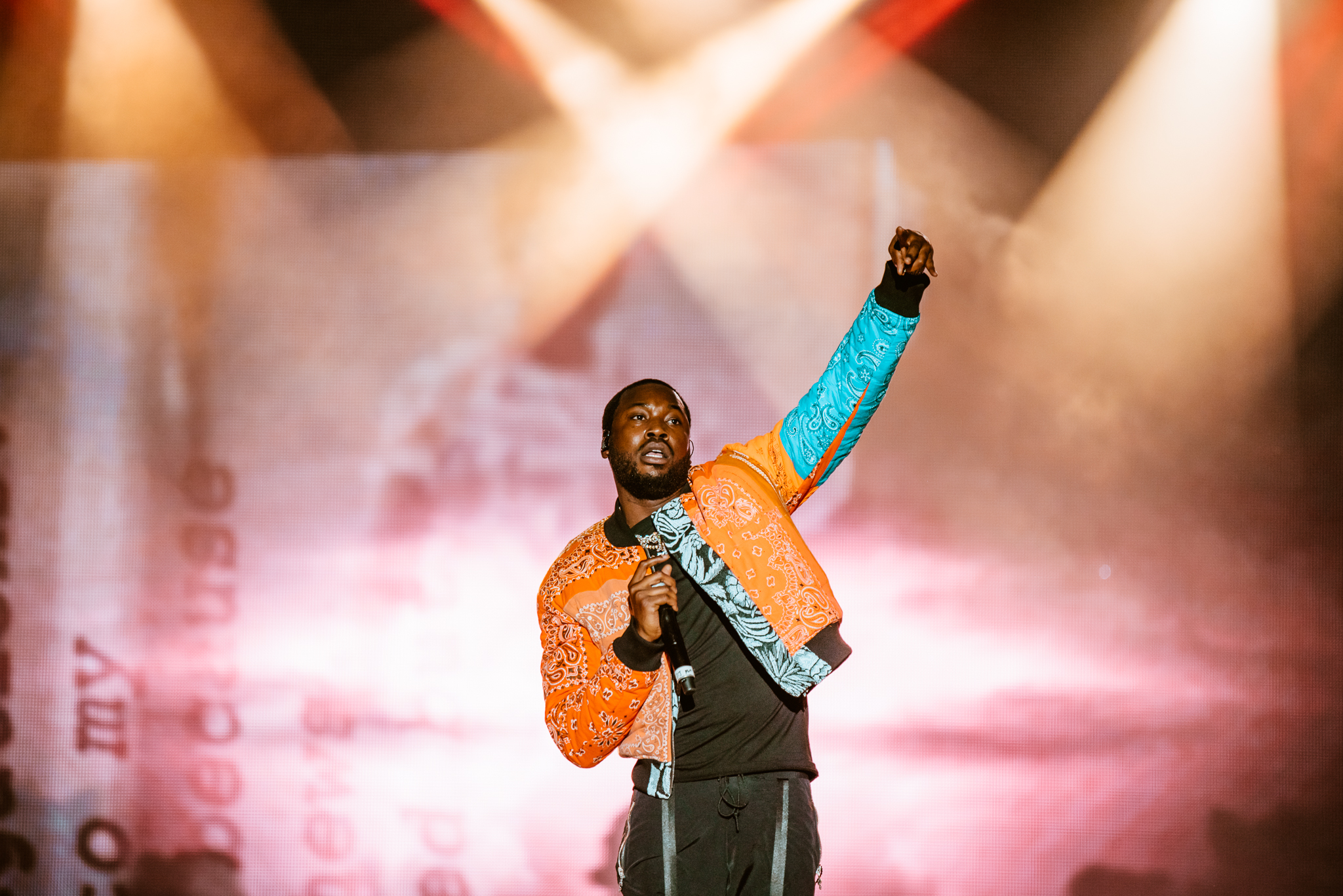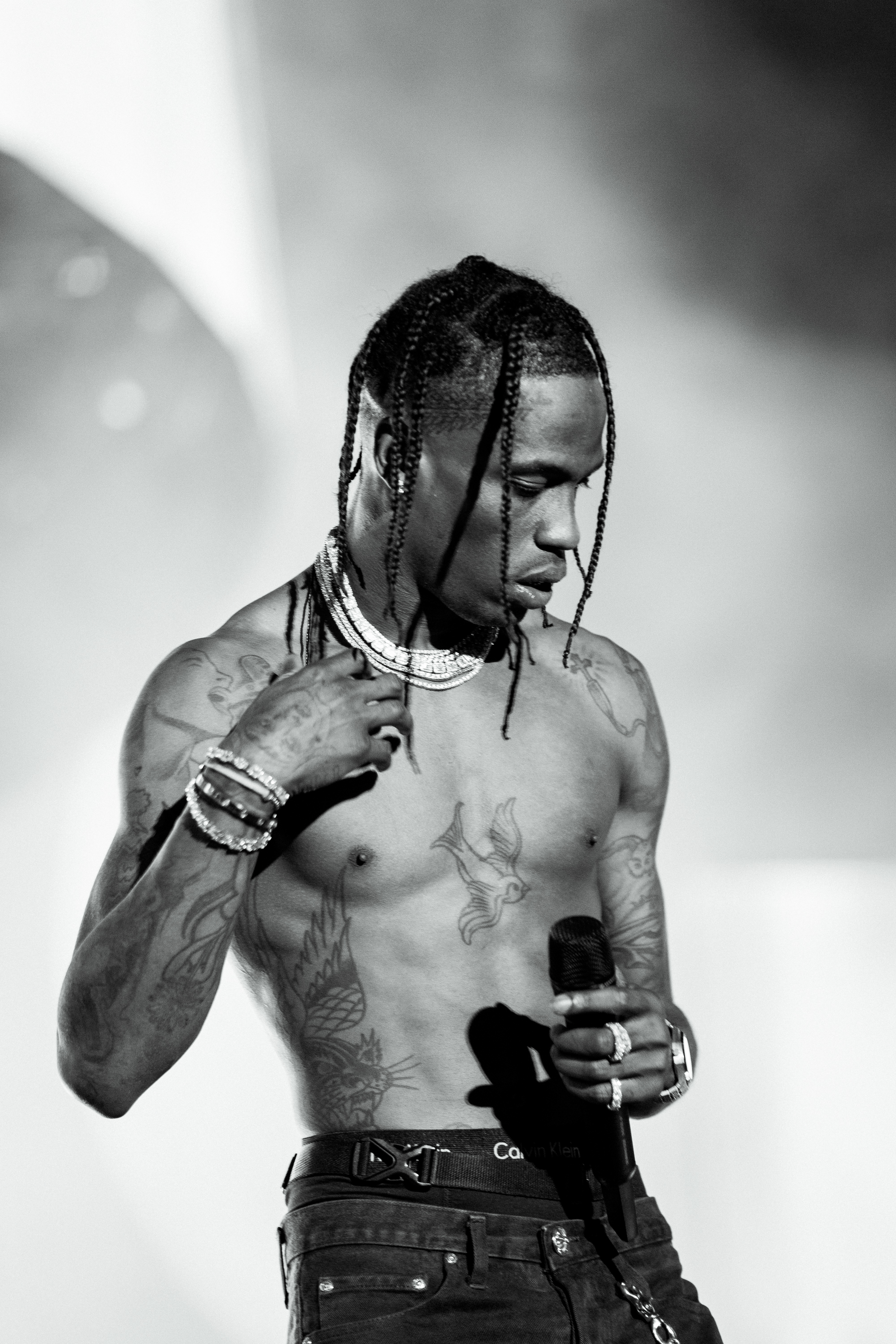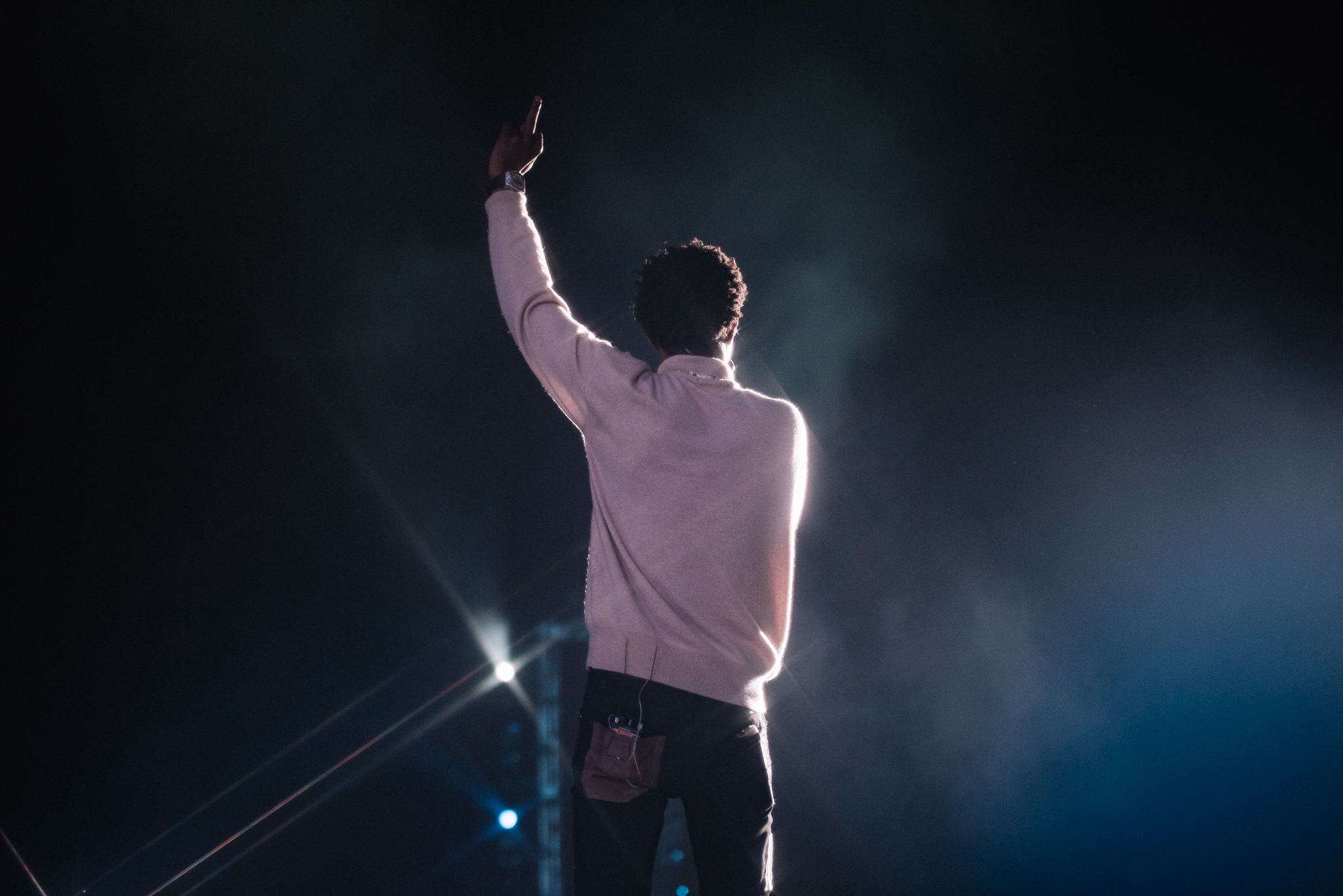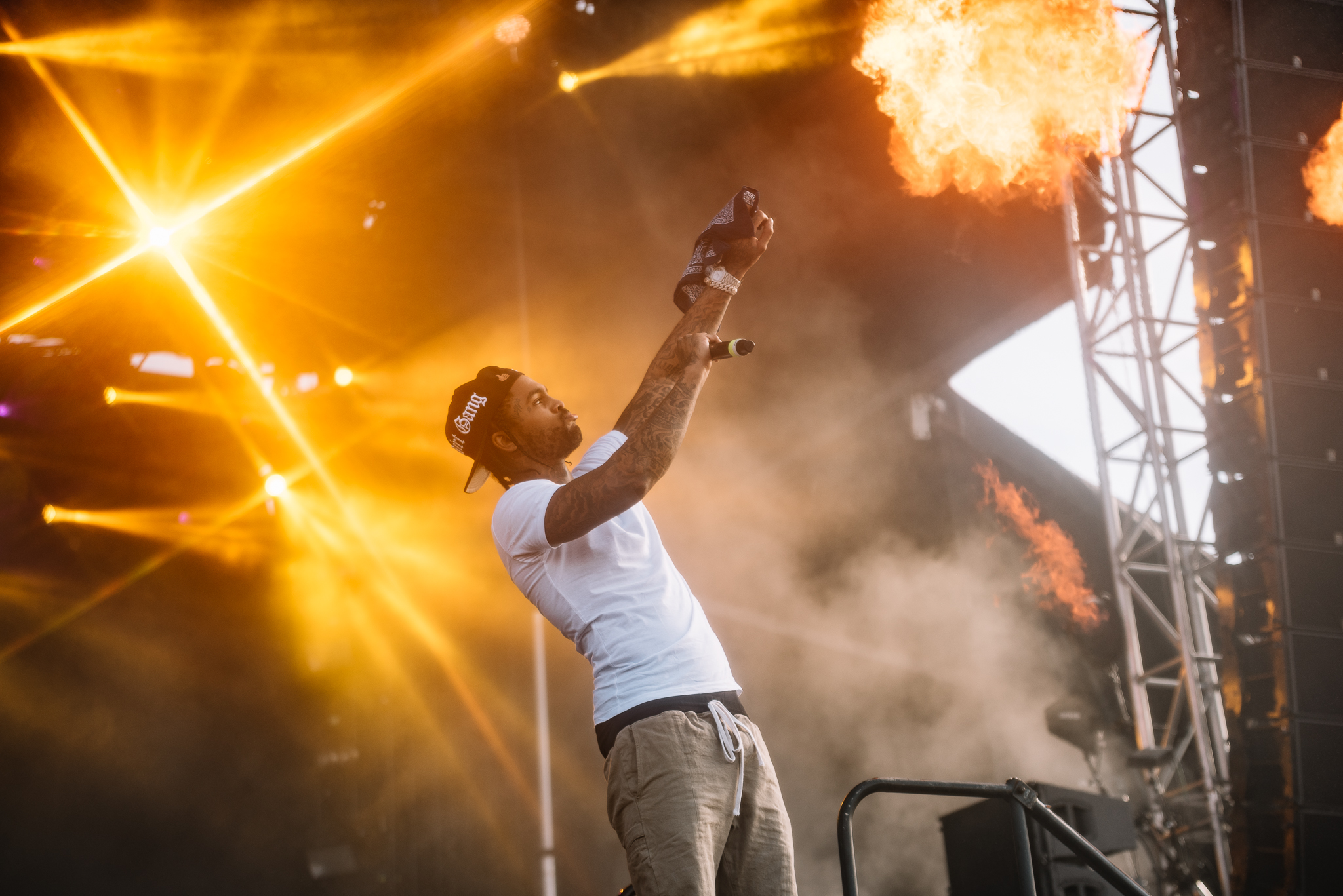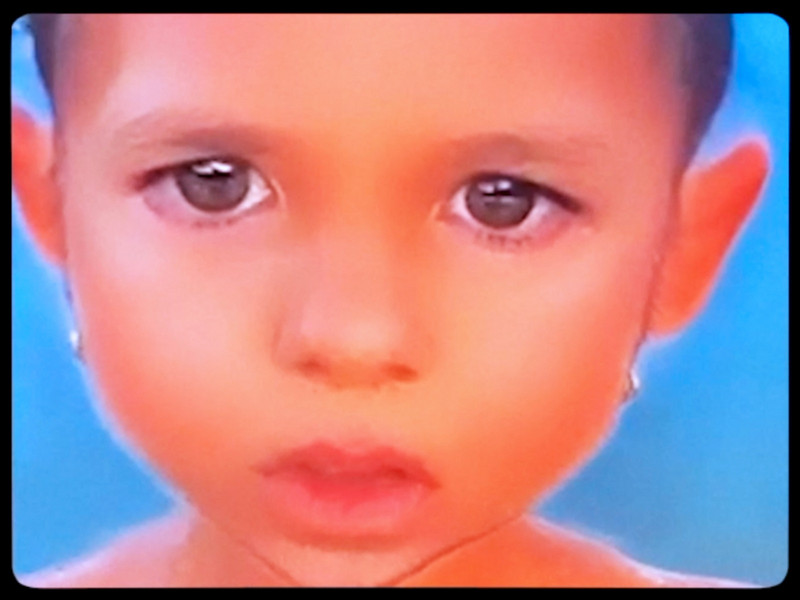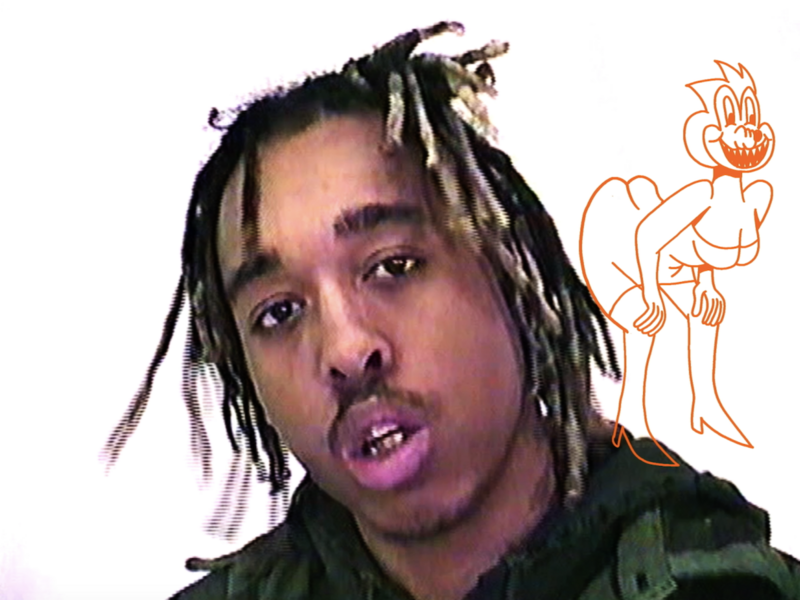Making Ma, what part of yourself did you get to explore that you maybe didn’t when making music in the past?
That’s an interesting question. In one sense, I got to record in the most appropriate place for the kind of record I was trying to make. And that’s an incredible gift, really, to record in a setting that’s in harmony with what you’re trying to convey. I think it gets something across. We had the opportunity to begin the record in this temple in Kyoto. Our version of trying to approximate that environment was a small house in the Northern coast of California. That was an incredible gift, to record there.
The last record was all synths and electric guitars and it was all recorded in a tiny space in a pastoral neighborhood in LA. And we were making up some story about Japan in the mid-’80s in this dilapidated hotel. We were making up this story about a place that didn’t exist, so it’s a bunch of characters.
And on this record, there were none. I wouldn’t say that that’s a pleasure though, because it’s tough. You suddenly don’t have all these––you’re not writing like a bulimic ladybug or something, you know? You’re not writing as a character––I’m a neurotic cactus, or I’m a toilet, whatever it is. There are no characters. And that isn’t necessarily pleasant at first.
It seems like this record was much more of an inner journey and it was about things that you had to get out rather than observations you were making in the world.
I think the environment dictated that style of writing as well. I wasn’t in the city where you just walk out and see a million things and choose what to write about or observe until there’s something to write about, which is a really rich terrain. There was nothing like that on this record because we were just in a house surrounded by redwoods. So you’re kind of faced with yourself, and there was a kid, I’m like his auntie, Noah [Georgeson]’s son Osian was there. I’m just watching the relationship between Osian and his mom and dad, and my relationship with Osian, I was his little auntie, teaching him to skateboard and how to speak Spanish.
I’ve known the people in my band since we were little kids, and now they have kids. So I get to watch that relationship, too. And that’s become part of the record for sure. And all the while I’m hearing from my family in Venezuela. So this maternal theme started to develop, but I think out of the way that nature can act as a mirror. Because there’s not really many distractions. Go for a hike without your phone and you’ll be relieved at first and then you’ll start to get very uncomfortable, and then you’ll become comfortable again.
There are multiple languages on the album and just thinking about the theme of motherhood and parenthood, I was curious about how those things intersect, because parenthood is this universal language –– and you were experiencing it from lots of angles. Watching your friends parent and being an auntie in a way, and talking to your family about your motherland.
Well, motherhood is utilized mostly as a metaphor on the record where I’m writing as an imaginary mother to a child that doesn’t exist. If I don’t have a child this is everything I want to say to a child. While that’s happening, it strikes me that maybe this is everything I wish I’d been told. So those two things are intertwined, but it’s beautiful and I’m very grateful for music. If you’re composing music it can be a very therapeutic thing for yourself, and I think I’ve always known that.
In the past it’s been about the architecture of the songs, and how many different genres can I reference, and how can I show off in some ways too. I want to show you I’m special, I want to prove something to you. [Laughs] That’s not necessarily a bad thing––it’s about the craft of it in a way. But when you get into really trying to explore your psyche and go to an uncomfortable place, it’s a different challenge. It can really help you out if you’re not bullshitting yourself. It can be a beautiful gift. This sounds tremendously pretentious and cheesy, I’m fully aware of that.
If you use fear as a guiding light, [the writing process] can help you face your fears. There’s no such thing as killing your fear, for me, because I’m a very weak and deluded human being. For me there’s just getting to know it and there’s just learning how to dance with it and have a conversation with it. If I tried to put on some front that I’m going to fight my fear, it would just grow bigger. I have to learn how to live with it in some harmonious way––I can’t kick it.
